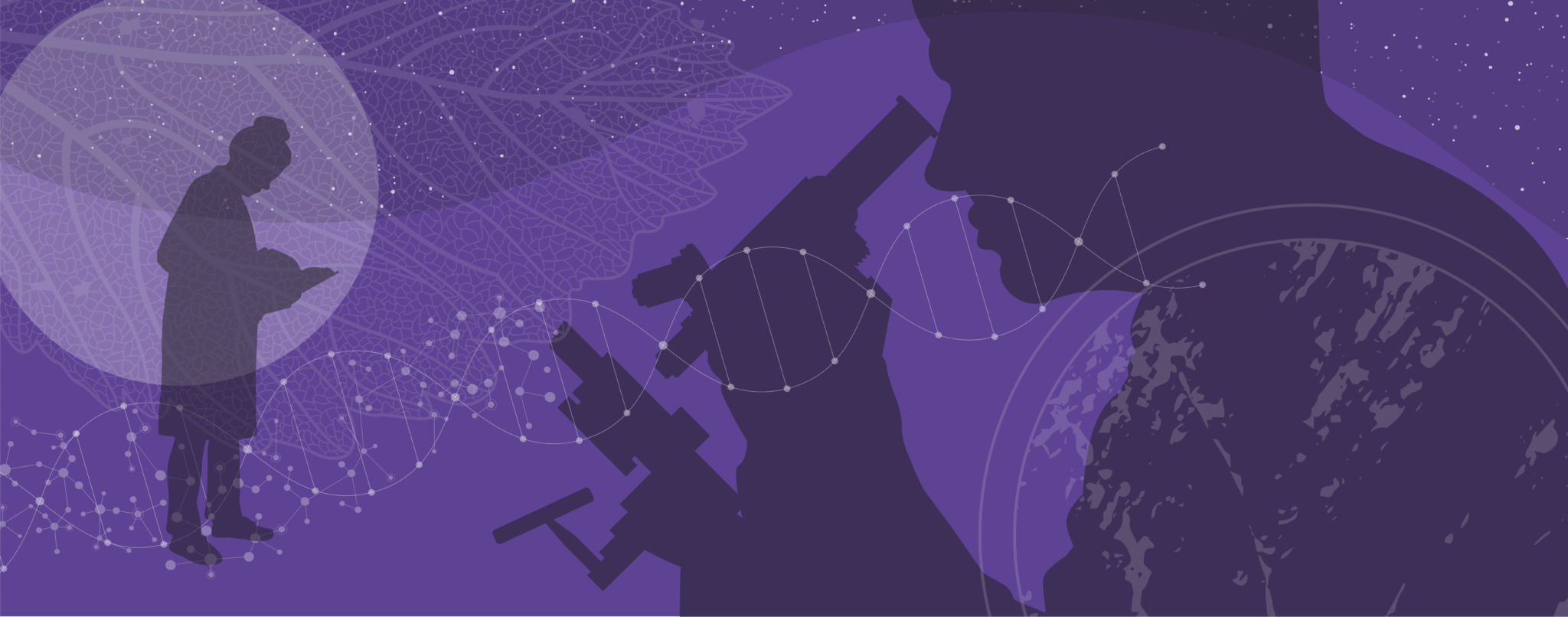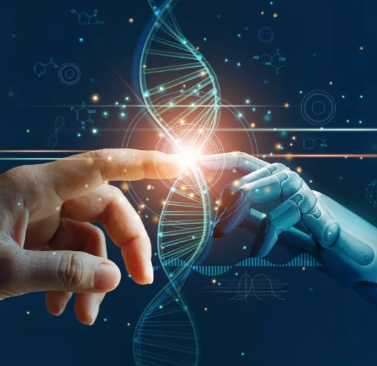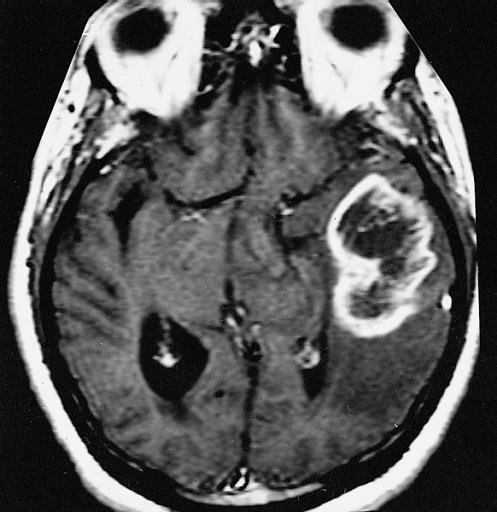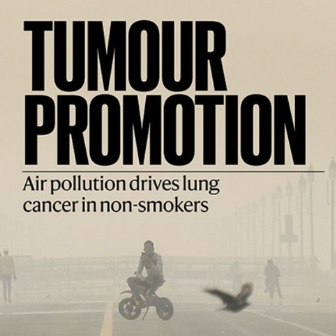Talking about what brings to cancer it’s important to underline that there is not a single cause for cancer. There are multiple factors that could bring to development of cancer, like:
- genetic mutations that could increase the risk of causing cancer;
- factors linked to the environment like the exposure to radiations or pollution;
- lifestyle behaviors like heavy consumption of tobacco and alcohol, poor diet, lack of physical activity and obesity. To learn more about the dangers of tobacco, alcohol and the link between obesity and cancer we recommend reading the articles “Health going up in smoke“, “In vino veritas, in aqua sanitas” and “Obesity and cancer“;
- viruses infection like the human papilloma virus, hepatitis B and C;
- the age is a factor that could increase the chance to cancer’s development.
Diagnosis, treatments and prognosis are different between childhood cancer and adult one, the main difference are the survival rate and the cause of cancer.
Childhood cancer often begin in stem cells that are cells that can produce other types of cells that the body needs.
Instead in adult cancer the mutated cell that will become a cancerous one usually is an epithelial cell.
Cancer risk factors:
The risk factor does not necessarily cause the illness but could make the body less resistant to it.
- lifestyle factors, mentioned before;
- family history: it’s possible that the cancer in different forms could be present more than once in a family, its presence could be caused by genetic mutation, exposure to chemical factors made by industries;
- genetic disorders that cause the production of abnormal cells or cancer cells by stem cells that have been damaged, so they don’t work properly;
- viruses: some viruses form like the HIV, that causes AIDS, could bring to some tumors.
How cancer is linked to our gene?
Scientists have noted that the 90% of cancers have some genetical mutation which could be inherited or sporadic. It’s been discovered that we have three type of genes which can affect cell growth and they could be mutated in some kind of cancer, like:
- oncogenes keep under control the growth of cancer in normal conditions but we still don’t know what is the factor that switch the function to the oncogenes, so they allow abnormal cells to grow; to learn more about these genes we recommend reading the article “Tumors and their genetics“;
- tumor suppressor genes, this type of genes interrupts cell proliferation when it is no longer needed; if they mutate, they do not function properly and tumor development can occur. To learn more about these genes we recommend reading the article “The oncosuppressors“;
- Mismatch-repair genes help to recognize the errors in DNA and their function is to repair the mismatch and correct it. If these genes don’t work properly the damaged DNA can be transmitted to new cells, in this case we have a proliferation of damaged cells that could become cancer one.
In conclusion in our body there are regulative mechanisms for the proliferation and for avoiding errors in the cell DNA. These are aspects out of our control, but there are also lifestyle causes. These type are under our will, we can choose to smoke cigarettes or to overdo drinking alcohol or to follow the right lifestyle.
SOURCE:
https://stanfordhealthcare.org/medical-conditions/cancer/cancer/cancer-causes.html

